A mom I know lamented that her teenage child realized that they’d never “had a best friend like other kids have a best friend.” It hurt to see her child, already at a fragile age socially, feel like they’re not doing friends right—despite having a healthy social network of “regular,” non-best friends. Other moms chimed in that they, too, had kids who didn’t fit the “best friendship” mold, who had a twinge of concern that their children’s social lives were not what they should be. But what if the issue isn’t with these youngsters, but with the idea of best friends in particular?
I remember lining up in the elementary school parking lot outside after recess. While we waited for our fifth-grade teacher to herd us back inside, a friend of mine turned around, smiled and pointed at a group of us girls in our blue plaid Catholic school uniforms, saying, “You’re my first best friend,” “You’re my second best friend,” “You’re my third best friend.” Then she pointed at me. “And you’re my fourth best friend!” I remembered her smile like I was supposed to be glad to be ranked, but all I could think about was that I wasn’t even in the top three. This was over 30 years ago.
With children in particular, best friendships are public, like marriage banns. What’s the point of having a best friend unless it’s on the record, for all to know?
In an era where kindness and empathy are literally embedded in school curricula, we still find it adorable when our kids have best friends, even though it imbues a certain kind of ranking among children who often have a tendency both towards taking things literally and also to go on power trips. Therefore, teaching kids (girls in particular) the social idea of one best friend for each person can cause hurt feelings and exclusion in a group of friends. A parent might try to explain to a child, “You can all be best friends!” but if that were the case, why do BFF necklaces only come in two pieces?
Some time ago I worked with Gerry Brooks, a well-known elementary school principal in Kentucky, on a book about how parents, teachers, and administrators can improve culture in American schools. We got on the subject of sports, and how it is important for parents to diversify their child’s activities. “Sports are not the only healthy way for your child to socialize,” Brooks said. “Your child can also build relationships through Scouts, or drama, or church, or world travel. When you just put too many eggs in one basket, the eggs can break. If your child's the one that didn't make the travel team, and you have based his entire life on soccer or baseball, and all of his friends are now on the traveling team and he is not, it's a difficult time.”
These words can also be applied to children’s (and adult) friendships. From a practical point of view, a one-and-only best friend is a risky social investment. What if the BF switches schools, moves away, finds new interests or friends? What if there’s a falling out? I recall middle school, when it seemed like every girl went through a week of being a social outcast and had to crawl up to a backup group of friends hoping for some sort of social bone. Mourning a lost or broken friendship is normal, but being stuck with nobody else to play with or talk to when your primary best friend goes away can be avoidable.
Think about your own social life. Do you talk to the same person about everything, go to the same source for every single problem? Off the top of my head, I have friends from my schools, friends from my kids’ schools. I have friends I (used to) go to sports games with. I have friends I talk about RuPaul’s Drag Race with. I have stay-at-home mom friends and childfree unmarried friends. I have friends who have just given birth and friends who are in mourning, friends facing down the last few years of their lives, friends who are deeply religious and friends who are voraciously exploring their sexuality. I have neighborhood friends, internet friends who I’ve never met IRL and friends who have zero social media accounts. I’m grateful for the deep bench, a variety of perspective and experience. This doesn’t need to be something only adults benefit from.
My theory is that best friends forever is a practice in some ways for monogamy, another social model that is held up as a norm and ideal despite evidence that for many people, it’s difficult to maintain. First you have your best friend, who is everything to you, and then you have your spouse, who is everything to you, and then s/he will give you children and they will be everything to you. How do you manage putting 100% of yourself into each of these relationships? If you are a good friend/wife/mom you will inherently know.
But in reality everyone you know who is married has a hard time being married one way or another, and best friendship breakups do not escape their fair share of heartbroken reflection and documentation. If you don’t have a network to turn to during hard times, you’re stuck living in the climate of your one and only.
Naturally I have a best friend story. My best friend and I bonded in high school over the student newspaper, our shared disdain for high school, and our shared first name. Unlike all the obvious shallow people in our class, we had complicated thoughts, plans for the future that could not be contained or understood in high school. We were destined for greater things, and in the meantime, we had each other. (This was pre-Book Smart, which was faulty because if those girls truly felt like outcasts, their first inclination wouldn’t be to party.) We vaguely looked alike, our families and lives looked alike, and we had similar tastes and dreams and compatible insecurities. We filled in as each others’ sister and Valentine, when we didn’t have the real thing. When we went to different colleges, we were also a bit like the others’ boyfriend back home--a safety net, an identity, someone who would be there for you in case these new people were too scary.
You can probably guess where this is going. When we began to develop more separate identities and interests, we had bigger fights, with the biggest strains over romantic relationships. If one of us was with a steady boyfriend and the other was going out and meeting new guys, who was doing it right? If one of us got engaged before the other, did that mean she was winning, socially--and was the other no longer needed? A few days before her wedding, we had a fight and stopped speaking to each other in any significant way. It was the worst breakup of my life.
If she was just one of my very good friends, maybe growing apart wouldn’t have been so hard. I might not have taken the choices she made that weren’t the same I’d make as a personal indictment against me. I might have tried to get her to be less like me, tried less to be more like her, if we were a smaller, healthier part of each other’s lives.
So many women have best friend stories like this: the intense, near-romantic love followed by an explosive breakup. The relationship comes with such high expectations for a soul-close union that the smallest stirrings of trouble can feel world-rocking.
The idea of a ride-or-die, be-there-at-the-drop-of-a-hat-no-matter-what best friend is romantic yet impractical, and I think part of the root of why the best friend model is problematic, particularly for girls and young women. Are you supposed stand by your friend even if she’s been making the same terrible mistakes over and over again? Do you always forgive her if she treats you like shit? Are you supposed to show up for your best friend even if you need someone to show up for you? What if you’re doing something that’s also important to you? There are so many ways to be a “bad” friend. But if you look at it another way, it’s just called boundaries, and realism.
It’s not that best friends are fake. It’s not that all best friendships are toxic. When I told folks I was working on this piece, some adults me about their best friend. Some parents told me about their shy kids who really just have one true good buddy because that’s how they roll, socially. But others felt that they never had a best friend and felt like there was something wrong with them. “It’s like not being picked in gym class,” one best-friendless adult told me.
As a kid, I’d ask my parents who their best friends were and they’d always tell me the other, which I found boring and unsatisfying. However, if the definition of “best friend” is the person whom you tell things first to, who knows you the best, in whom you’ve invested the most of your life into, then the definition fits. I didn’t get a new best friend after I broke up with mine—in fact, I realized I never wanted to have a best friend again, because the pressure is too great. My husband is my best friend but he’s a little bit like a common-law best friend--he de facto inherited the role. But I rely heavily on non-husband relationships to keep me whole. Like people who will eat soft cheese with me (again, someday) or let me vent about my husband when he does not behave like a best friend.
My old best friend and I are friends again. Just friends, not best. We started talking meaningfully after we had children: becoming a mother can be a wonderful ego-destroyer and common denominator, and I was not afraid anymore to reach out and learn -- after years of speaking several times daily followed by years of not speaking at all -- how it was going for her.
Our breakup gave me the gift of learning that friendships can or should take breaks. The five years we didn’t talk pained me, but also gave me the confidence to speak up -- or just not talk at all -- when other friendships aren’t working well. That’s one benefit a simply-solid friendship has over both best-friendship and marriage; you don’t have to worry if you’ve broken some sort of vow if you take weeks, months, years off from it. If the friendship is meant to be, it will resume and also, just because a relationship ends doesn’t mean it was unsuccessful.
Can parents actually do anything to avoid their kids suffering the tragedy of a best friend breakup or feeling strange for never having a BFF? Probably not a lot, as children tend to drift towards a type of social ordering and, seeing the social standard for monogamy, try out duos in a platonic manner. But maybe we can downplay the use of the term “best friends” and encourage kids to enjoy diverse social groups. We can tell our daughters in particular that friendship doesn’t always mean blind devotion, and be honest about the fact that many functional, happy grownups do not have one main bestie and sometimes have disagreements with their friends.
My old best friend and I don’t see each very frequently anymore, but we when we do, the rapport is once again easy: we laugh a lot, make fun of our high school selves, and enjoy each other's families. I don’t have dreams about her anymore. My heart doesn’t race when I know I’m going to see her--in fact, we had coffee and discussed this very essay. Her elementary school daughter is now in the throes of the possessive labeling of who is whose bestie, so things have come full circle. The age and depth of her and my friendship will always be special. It turns out that us being good friends is so much easier, healthier and more dear than being best.
End credits
I hope you enjoyed this issue of Evil Witches, a newsletter for people who happen to be mothers. If you have any questions, feedback, or suggestions for the newsletter you can reply right to this email. You can follow us on Instagram here and talk to other witches on Twitter, too. If you like this newsletter please give it a shout on social media and if you’ve been thinking about switching from the free to the paid subscription to get bonus content and witchy subscriber-only discussion threads, it’s only $30 for a whole year, with no ads or sponcon.
With that said, Witches will be on spring break next week and on a little hiatus until around April 8 or so. We’re going to Cancun. Just kidding. We are going to the western part of Illinois and renting a house, just the four of us. But at least we get a whole new house to mess up for a few days.

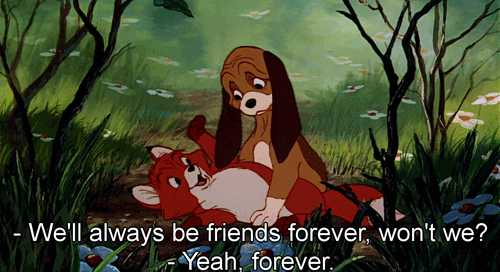


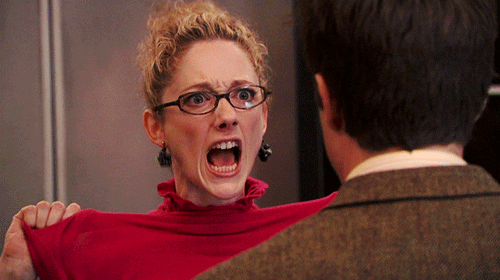

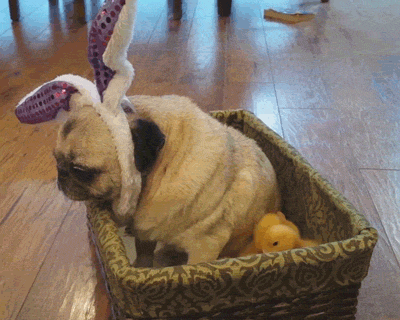

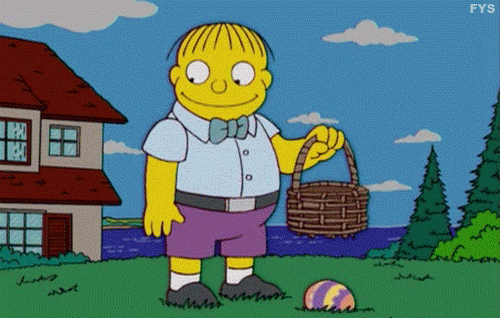

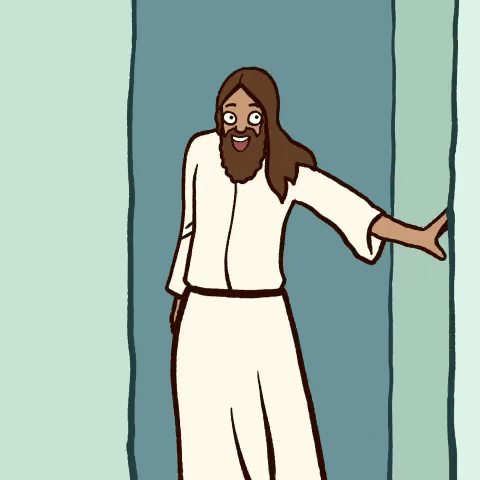
I like Mindy Kaling's assessment in an early Mindy Project episode - "best friend is a level, not a person."
I cannot hit like enough on this. Husband as common law best friend is PERFECT! And I have always had my heart broken the hardest by friends and friend breakups. There's so much freight and pop cultural weight attached to having a ride or die bestie and the reality is so much messier. I mourned for years when my high school BFF clearly moved on without me and had so much resentment towards her. It took me a long time to process how inappropriate and selfish of me to resent her for living a life she loved that didn't feature me in a starring role. Prior to her I, a nerdy and deeply uncool kid, had a series of toxic more popular elementary/middle school best friends that I honestly am still recovering from.